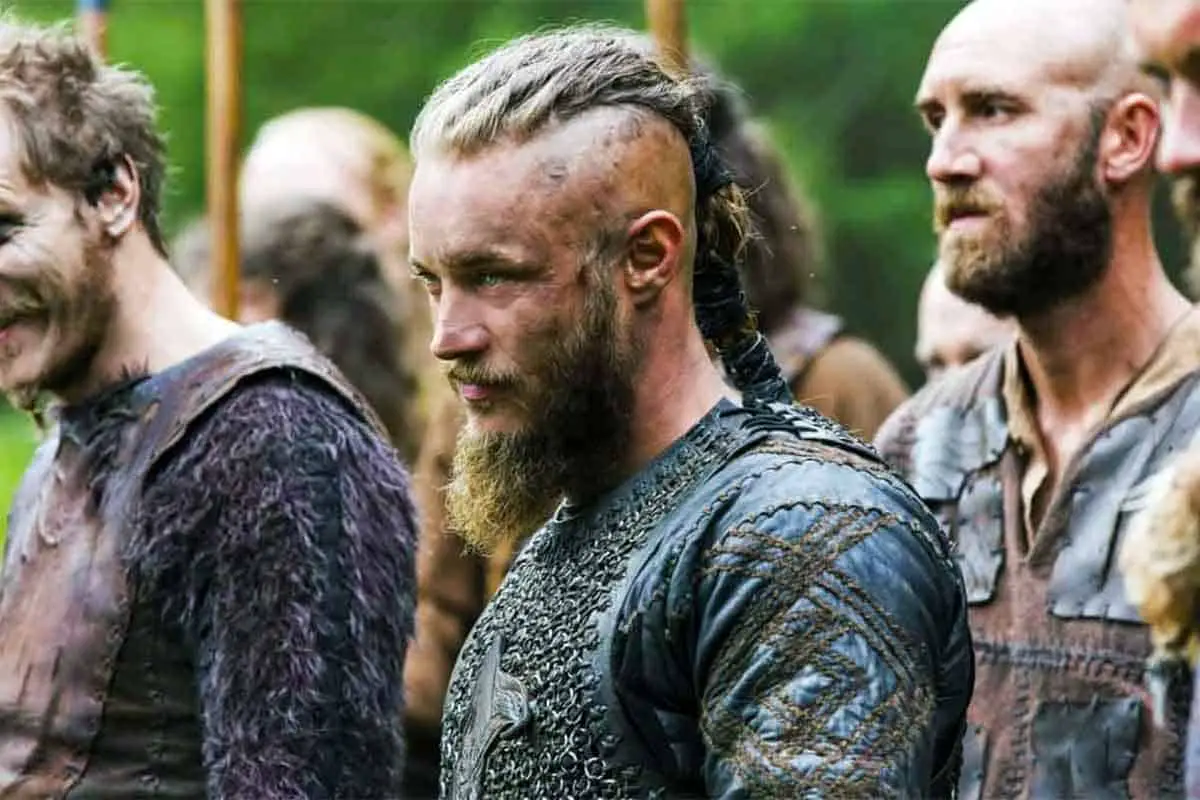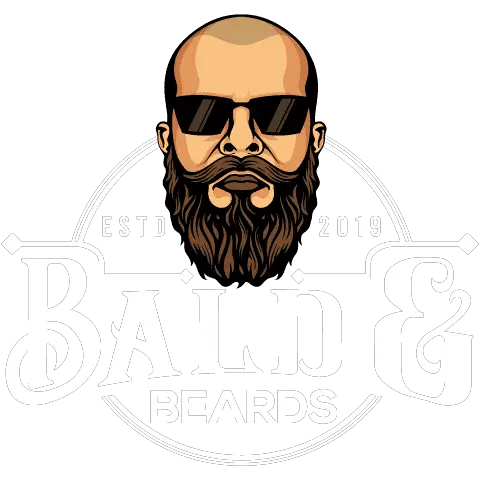Want to grow a Viking beard? You’re not alone. These savage, unique beard styles have been trending for a while. The Viking beard style has become more popular thanks to the show Vikings, which stars Travis Fimmel, Alexander Ludwig, and Gustaf Skarsgård.
Viking beards are typically long and quite thick, with some styles including dreadlocks, braids, and even steel beard rings or beads. Also called Norse beards, the Viking beard can be grown within 6 to 12 months and may be styled with engraved steel rings or tubes.
See the manliest Viking style beards and how to get each style for your look below.
Viking Beard Rings are unique and trendy. If you want a super stylish beard, checkout the best beard jewelry on Amazon.com now.
Best Viking Beards with Styling Tips
What makes a Viking beard different from a traditional long beard, yeard beard or other beard style? Your braided Viking hair and beard style typically go together. Whether bald, braided, long, or pony-tailed, your hairstyle also adds to the Viking look.
We think it’s all about the way you style your mustache with your beard. Some braid their mustache or add steel tubes, while others braid the ends of their beards into dreadlocks for an even more savage look.
1. Long Viking Beard
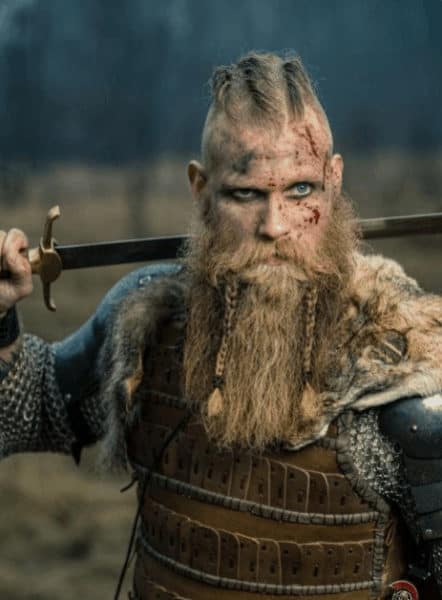
2. Viking Beard Fade
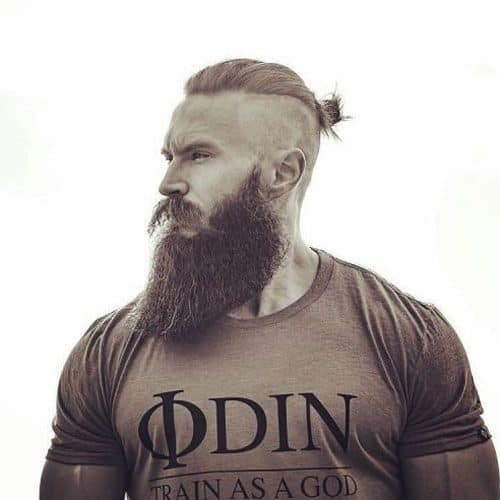
3. Bald with Viking Beard
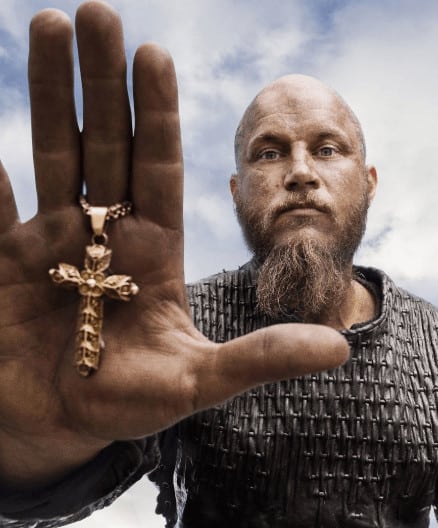
4. Braided Viking Beard
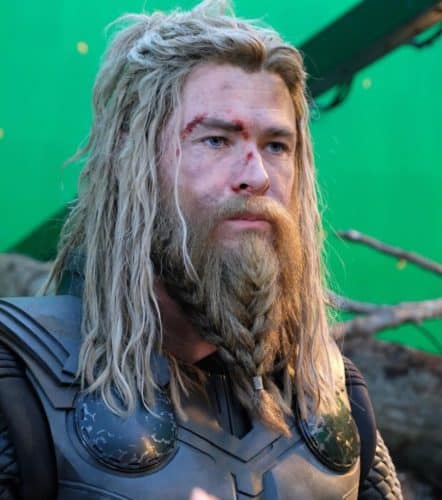
Check out our Braided Beard Style Guide
5. Viking Beard with Steel Rings
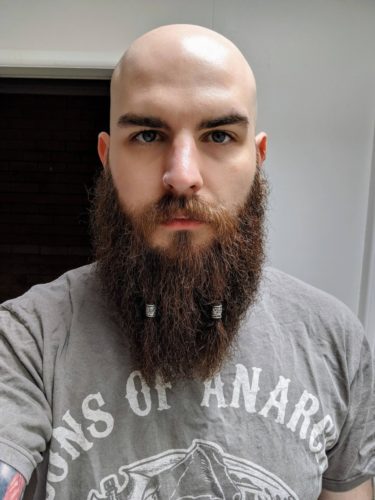
See our Complete Guide to Beard Jewelry, Rings & Beads.
6. Short Viking Beard
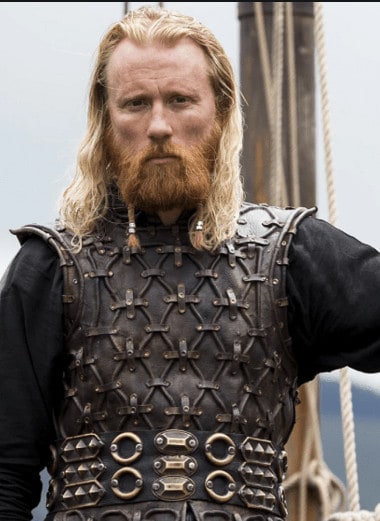
7. Full Viking Beard
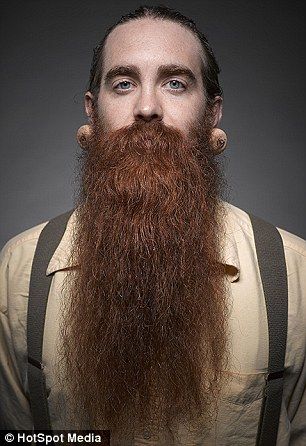
8. Bushy Viking Beard

9. Pointed Viking Beard

10. Viking Goatee

Style Your Viking Beard
Modern Viking beards typically have thick, long hair that’s combed or braided. Shaping your facial hair is essential for a Viking beard, as you want to grow it long but also have unique features, such as longer mustache hair or a trimmed jawline with longer chin hair.
Mustache and Beard accessories
Vikings enjoyed presentation with their beards, so steel rings, beads, and jewels often adorned beard hair to show signs of power and prestige within the culture.
Mustache hair is grown long and connects to the beard, so far as to even be combed or bejeweled, then braided into beard hair.
1. Start Growing Your Beard
While there are some ways to style a short Viking beard, most of these styles are longer, requiring months to grow out so it’s long enough to braid.
Applying a beard balm can be helpful for early stages of beard growth and dry skin, which often leads to beard itch or beard dandruff.
2. Comb Your Beard Often
As soon as you notice your beard hair coming in thicker and longer, it’s time to break out the boar bristle brush and beard comb. Combing frequently will eliminate breakage of beard hair strands.
- Use the comb to brush down your mustache hair, which is key to longer Viking looks
- Brush your facial hair with a boar bristle brush to direct hair where to grow and exfoliate skin gently, which may lead to thicker hair growth
3. Choose Your Style
Our picture guide above is helpful for finding your desired look, but there are three typical ways to get the Viking facial hair style.
The Decorated Viking
This look uses steel rings and beads to separate and braid hair. These rings may be attached to dreads at the bottom of the beard or they be used to stylize connecting mustache hair.
The Viking Beard Braids
This style focuses on braiding and may include braided mustache hair so it seamlessly dreads into a thick beard. Braids may also be incorporated into the bottom of the beard. Single, double, or triple braids work for this look, as well as a fully dreaded beard.
The Long, Bushy Viking
This classic Viking beard is simply long and very thick, with some trimming along the mustache and cheekbones.
The length and thickness of your hair are the most important when styling these beards.
You want to consider the shape of your face and trimming your neckline as you grow out your beard.
4. Trim When You Must
Viking beards were often trimmed neat, especially when headed south or when headed into battle. For those who want to keep the scraggly beard away, here are some tips:
- Fully wash and pat dry facial hair.
- Use a beard trimmer with a longer guard to trim up the sides and cheeks, then go with a lower guard to take off more length as necessary.
- Get a pair of barber trimming shears for shaping your beard to the exact length and style you like.
- Have problems with symmetry? Trim your beard using a beard shaper tool or start by the ear and trim down to the chin carefully with barber shears.
5. Good Beard Hygiene
In addition, Vikings cleansed their beards regularly. We suggest using a beard wash and beard oil to pamper your facial hair and skin.
Beard care was extremely important to the Norse people, as it spoke to your good health and a fortuitous life.
Why Did Vikings Have Beards?
It’s believed that beards were worn for protection against blistering winds and snow. Their full beards were kept long and thick to help with the colder climates, but it was also incorporated into their religious beliefs.
From the 8th to early 11th century, Vikings ruled the seas as traders, adventurers, and savage warriors, but Vikings originally hailed from Scandinavian countries, which had bitterly cold regions.
Religion
However, they also believed in Norse gods such as Odin and Thor, who also had long, thick beards. Hair growth was an essential part of their Norse culture, and their hairstyles and facial hair proved that they enjoyed having a warrior style.
Lifestyle
Beards were an important part of the Viking lifestyle. Within Norse sagas, many names emerged of famous bearded Viking warriors, including Fork-beard, Gold-beard, and Erik the Red, known for his red hair that often looked like a flaming red and ginger beard.
Historians have also found ancient artifacts like Viking beard combs that the Norse people enjoyed cleaning and maintaining their stylized facial hair.
Did Vikings Wear Jewelry in Their Beards?
Vikings did love jewelry and trinkets. As one of the braver, bolder choices of facial hair, Viking beards speak to a time when beards were a necessity but also were styled for the individual.
Many beards were dreaded and adorned with beads, steel rings or tubes, and occasionally jewels. Adornments could have symbolized higher status, especially for decorated warriors.

